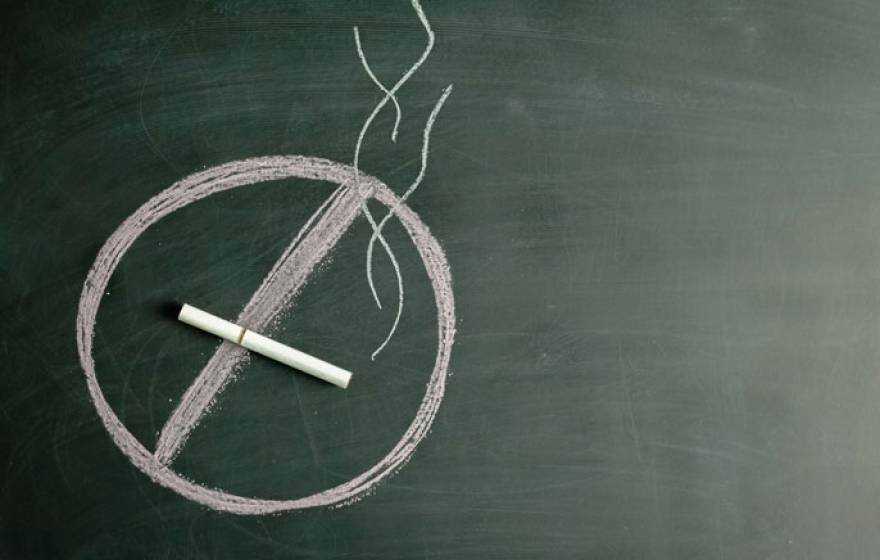Awardees from each of the 10 campuses will work to promote healthier communities via tobacco control.
What do we lose when we multitask?
Answer: a lot. But we still find a way to retain important facts, a new study finds.
Opening the doors of the humanities to the public
Doctoral students share their expertise with the community in a new fellowship program.
Traveling to Mars will wreak havoc on our bodies — can we prevent it?
Researchers explore how we can make the human body ready for prolonged space flight.
Happy hour: A second drink linked to staying sharp in old age, new study finds
Older adults with moderate regular alcohol intake found more likely to live to 85 without dementia.
From political prisoner to international inspiration
Wai Wai Nu intends to use her Berkeley Law education to reform the government in her home country of Burma.
UCLA-led research offers clearest evidence yet of long-sought Majorana particle
Finding could provide the vehicle for carrying ‘qubits’ of data in quantum computing.
How Billboard misses out on what people actually want to hear
Major record companies push antisocial messages but consumers are open to other options.
Brain circuits that express depression successfully altered
Neuroscientists alleviate or reverse social withdrawal and helplessness behavior in a new study.
Drug reverses memory failure caused by traumatic brain injury
Brain-injured mice perform as well as normal mice on memory tests after treatment.
Why do some people prefer order, and others thrive in uncertainty?
A new study suggests changes in two brain regions could be responsible for attitudes related to risk.
Why a familiar face is a friendlier one
Our emotional perception is profoundly altered when we already know someone.











